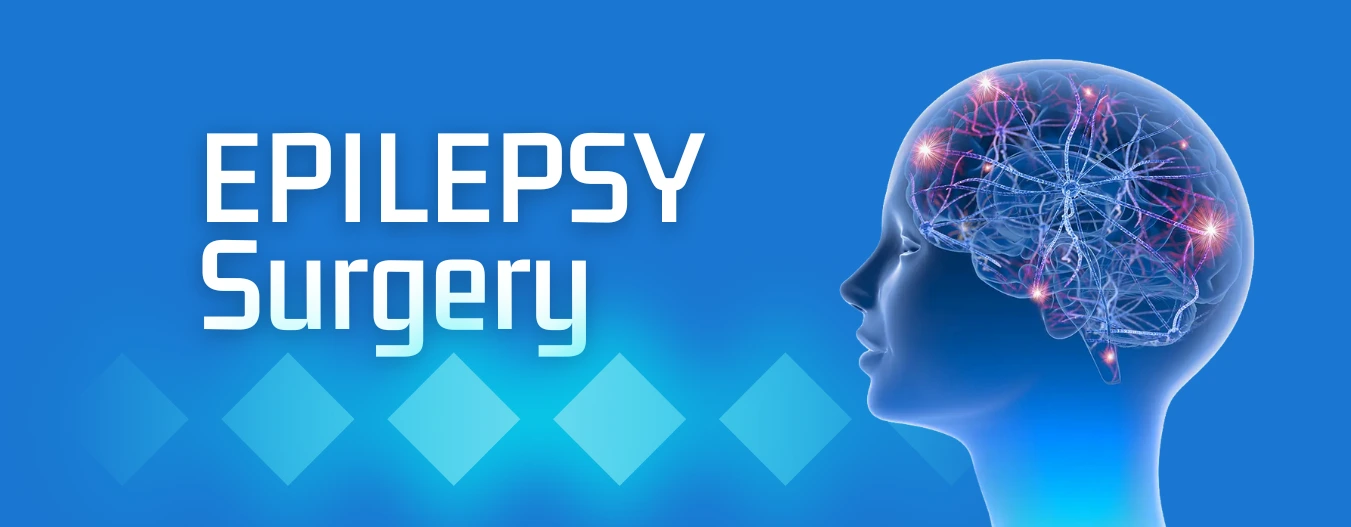


Epilepsy is a neurological condition that causes recurrent seizures due to abnormal electrical activity in the brain. While many patients can manage epilepsy with medication, some cases may not respond to medical therapy. For these patients, epilepsy surgery offers a potential solution, aiming to control seizures and improve quality of life. Dr. Kapil M Khandelwal, an experienced neurosurgeon with over a decade of expertise, provides advanced epilepsy surgical treatments using cutting-edge techniques.
Epilepsy surgery involves identifying and removing or altering the part of the brain responsible for triggering seizures. The goal is to minimize or eliminate seizures while preserving essential brain functions. Dr. Khandelwal uses a patient-centered approach, focusing on accurate diagnosis, precise surgical planning, and personalized care to achieve the best outcomes.
Epilepsy surgery is typically considered when:
Dr. Khandelwal conducts thorough evaluations, including advanced imaging studies and neurophysiological tests, to determine a patient’s suitability for surgery.
This involves removing the portion of the brain where seizures originate, often in the temporal lobe (e.g., temporal lobectomy). Dr. Khandelwal uses advanced imaging and intraoperative monitoring to ensure precision and safety during these procedures.
A minimally invasive technique where a laser is used to target and destroy seizure-causing brain tissue. This procedure reduces recovery time and minimizes risks associated with open surgery.
This surgery involves cutting the corpus callosum, a bundle of nerve fibers connecting the two hemispheres of the brain, to prevent the spread of seizures. It is often recommended for patients with severe, uncontrollable seizures that affect both sides of the brain.
A device is implanted to send electrical impulses to the vagus nerve, which helps reduce seizure frequency. This is a less invasive option for patients who are not candidates for traditional epilepsy surgery.
An advanced treatment where a device is implanted to detect abnormal brain activity and deliver targeted electrical stimulation to prevent seizures.
Before recommending surgery, Dr. Khandelwal conducts a comprehensive evaluation, including:
Epilepsy surgery offers significant advantages for eligible patients:
Dr. Khandelwal’s expertise in advanced techniques ensures that the risks of complications are minimized and outcomes are optimized.
Recovery after epilepsy surgery varies depending on the type of procedure performed. Dr. Khandelwal provides personalized post-operative care, including:
Patients often experience significant improvements in seizure control and overall well-being within months of surgery.
Epilepsy surgery is a life-changing option for patients with drug-resistant epilepsy, offering hope for better seizure control and enhanced quality of life. Dr. Kapil M Khandelwal’s expertise in advanced epilepsy surgical techniques, coupled with his patient-focused approach, ensures the highest standard of care.
If you or a loved one is struggling with uncontrolled seizures, consult Dr. Kapil M Khandelwal to explore your options for epilepsy surgery and take the first step toward a healthier, seizure-free future.